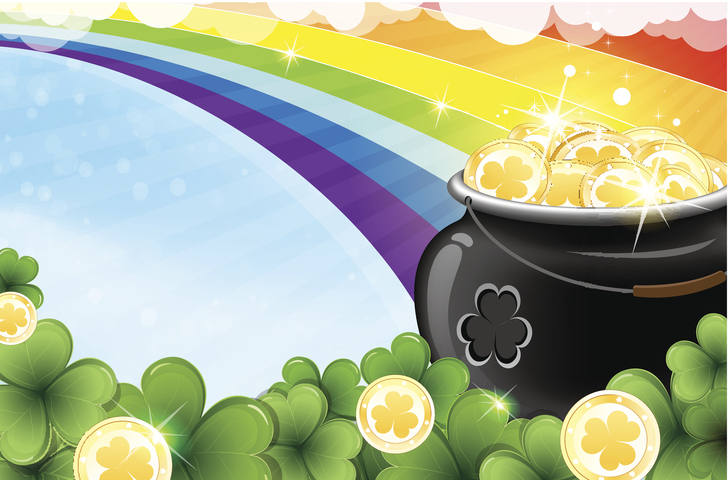Reinforcers, Rewards, and Incentives: Are There Differences?
These three terms often appear in reports related to behavior change. A dictionary definition of an incentive is “a thing that motivates or encourages one to do something.” The word “reward” is used as both a noun and a verb. As a noun, it is “a thing given in recognition of one’s service, effort, or achievement’ and as a verb it is to “make a gift of something to (someone) in recognition of their services, efforts, or achievements.” A reinforcer is a thing or an activity that, when made dependent on behavior, makes behavior more likely in the future.
 A person is given an incentive for doing something if, for example, they are told that at the end of the rainbow they will find a pot o’ gold. The incentive for chasing rainbows now, in the present, is the promise of a future reward for such search behavior. We usually think of the causes of behavior as being in the past and present, not the future. To put the cause of behavior in the future (acquiring the pot o’ gold) is to use a teleological explanation. This could be changed, however, by saying that the rule (there is a pot o’ gold at the end of every rainbow) is what is controlling the behavior. Or, it could be (but not likely) that chasing in the past has been reinforced by finding the pot o’ gold. In this case, the cause of the behavior is the history of reinforcement of rainbow chasing. The point is that we can use incentive as a substitute for reinforcer, but we have to do so carefully, to avoid teleological explanations of why the behavior is occurring.
A person is given an incentive for doing something if, for example, they are told that at the end of the rainbow they will find a pot o’ gold. The incentive for chasing rainbows now, in the present, is the promise of a future reward for such search behavior. We usually think of the causes of behavior as being in the past and present, not the future. To put the cause of behavior in the future (acquiring the pot o’ gold) is to use a teleological explanation. This could be changed, however, by saying that the rule (there is a pot o’ gold at the end of every rainbow) is what is controlling the behavior. Or, it could be (but not likely) that chasing in the past has been reinforced by finding the pot o’ gold. In this case, the cause of the behavior is the history of reinforcement of rainbow chasing. The point is that we can use incentive as a substitute for reinforcer, but we have to do so carefully, to avoid teleological explanations of why the behavior is occurring.
Reward and reinforcer sometimes are used similarly, but not always. The dictionary definition above implies a dependency between an action and a reward. The term reward is more often found in associative and cognitive learning theories than in behavior analysis. Rewards sometimes are described by their formal properties (e.g., “food reward”) and do not always adhere to the requirement that a change in behavior be shown before invoking the term. In fact, the term sometimes is used by behavior analysts to describe a nominal or putative reinforcer, that is, something labeled a reinforcer, but not shown to function as one by actually changing behavior when made response-dependent. By contrast, using the term reinforcer always requires the demonstration that it has the aforementioned effect on behavior. Rewarding the person instead of the behavior carries with it a slightly hedonic or emotional quality, beyond the simple effect of changing behavior. A similar criticism, however, can be directed to expressions involving reinforcing the person (the idea that reinforcers “make the person feel good).
Of the three terms,  is the most widely used by behavior analysts. Because of its long history and precise functional definition, it is preferred. Incentives and rewards can be reinforcers, but because they also can be other things, their use in scientific descriptions of behavior change seems best left to people not sharing our world view.
is the most widely used by behavior analysts. Because of its long history and precise functional definition, it is preferred. Incentives and rewards can be reinforcers, but because they also can be other things, their use in scientific descriptions of behavior change seems best left to people not sharing our world view.



